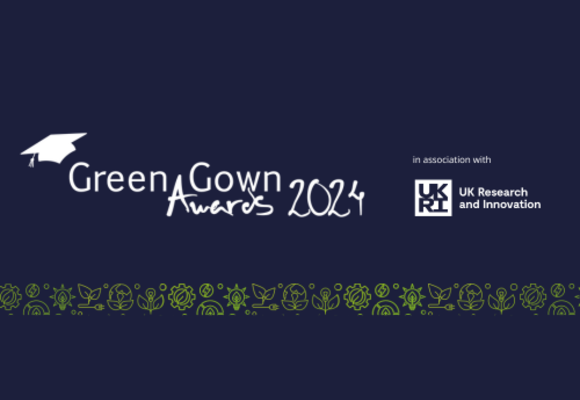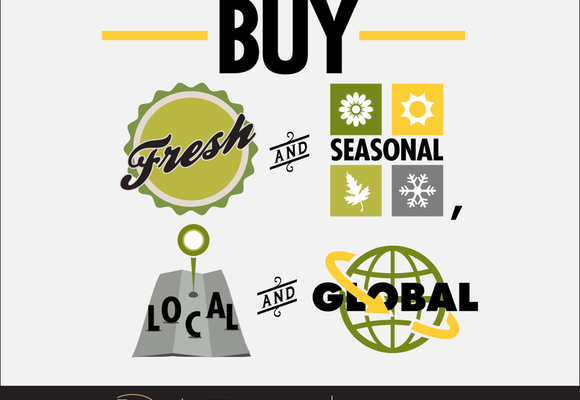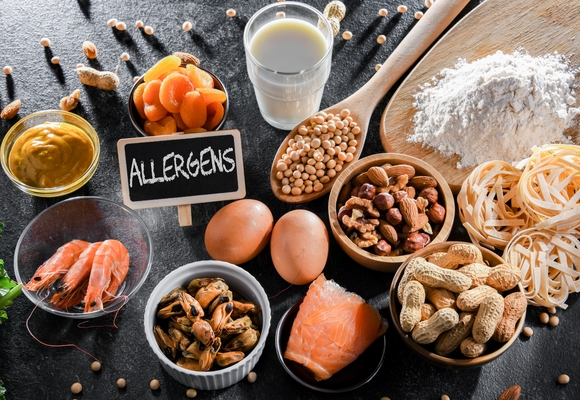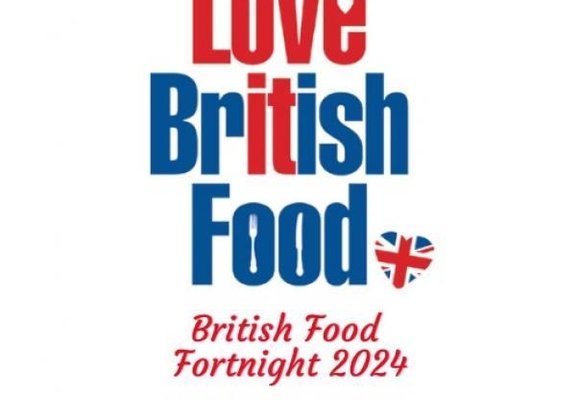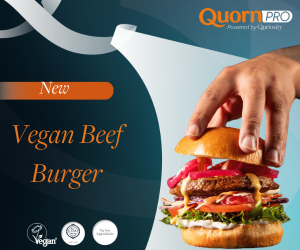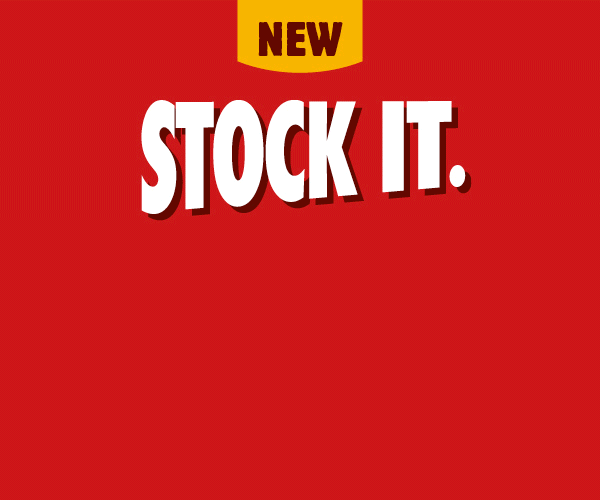- Collective action from farm to fork and public accountability – UK meat industry aims to become a world-leading model for sustainable production and supply.
- Trade organisations, meat processors, retailers and hospitality and food service businesses unite to improve productivity, tackle deforestation, cut emissions and reduce the £3 billion of meat wasted in the UK every year*.
All major grocery retailers together with meat processors representing 80% of UK production, and hospitality and food service companies have signed up to Meat in a Net Zero world; developed under Courtauld Commitment 2025 and facilitated by WRAP.
Meat in a Net Zero world is supported by key trade bodies including the National Farmers Union (NFU), Agriculture and Horticulture Development Board (AHDB), the British Meat Processors Association (BMPA), the British Poultry Council (BPC), the British Retail Consortium (BRC), Hybu Cig Cymru (HCC), the National Pig Association (NPA), Quality Meat Scotland (QMS) and the Sustainable Restaurant Association (SRA).
Peter Maddox, Director WRAP, said “There has never been a more critical time for action in our food system, and the current Covid-19 situation further illustrates this. I am delighted that despite the incredible pressure the sector is under keeping the nation fed, organisations remain committed to the ambitious sustainability goals laid out in Meat in a Net Zero world. And that WRAP could help industry develop and launch such a bold strategy. It is key that the focus is on every link in the supply chain from production, processing and sale, through to the customer – whether they are eating in or outside of the home. I’m confident that Meat in a Net Zero world will have a significant impact towards achieving our national and global targets. And believe this has the potential to become a blueprint that other nations will emulate."
WRAP estimates that each year around 380,000 tonnes of the meat intended for consumption goes uneaten, with the GHG emissions associated with this uneaten meat measuring more than 4 million tonnes CO2equivalents. Much of this meat is discarded in the home, but there are important actions to take at all points across the supply chain. A dedicated Meat Sector Working Group was convened by WRAP under Courtauld 2025 that brought together key stakeholders to identify the areas of biggest impact, and opportunities to overcome barriers and avoid just moving problems along the supply chain.
Meat in a Net Zero world aims to prevent more than 150,000 tonnes of meat from ending up as waste each year, worth £1.5 billion and make an important contribution to the UK’s target to bring all GHG emissions to net zero by 2050. An important first step is to agree and adopt a consistent approach for measuring GHG emissions, and common metrics that can be used within each sector – beef, sheep, pigs and poultry – which will be worked out through the Meat Sector Working Group, in combination with other industry forums.
Meat in a Net Zero world will help deliver against a number of industry initiatives including the NFU’s Net Zero vision, the European Roundtable for Beef Sustainability/UK Cattle Sustainability Platform and the UK Roundtable on Sustainable Soya. Greater collaboration will also help accelerate progress towards achieving targets set out in Courtauld 2025 and the UN’s Sustainable Development Goal 12.3 to halve per capita food waste by 2030.
WRAP will ensure participating companies are held to account by publicly reporting on progress.
*Approximately £3 billion worth of meat goes to waste in the UK every year, three quarters of which is from our homes.
